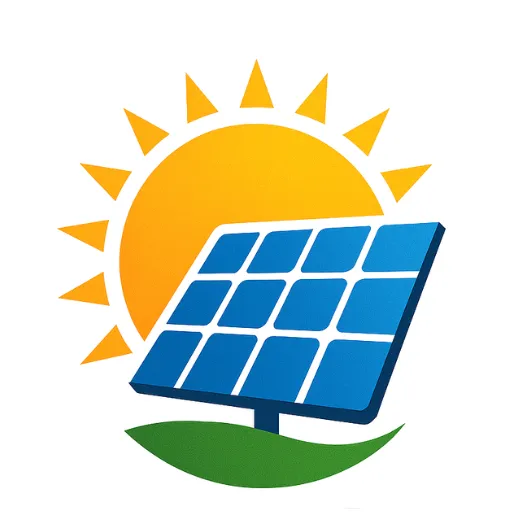As solar energy becomes an increasingly popular and eco-friendly power source, understanding the role of solar inverters is essential. Often considered the heart of a solar power system, a solar inverter performs a critical function converting the sun’s raw energy into usable electricity for homes and businesses.
What Does a Solar Inverter Do?
Solar panels generate direct current (DC) electricity, but most of our household appliances and the power grid operate on alternating current (AC). A solar inverter converts DC into AC, making it possible to power everything from your refrigerator to your Wi-Fi router using solar energy.
This conversion isn’t just about changing the type of electricity it also involves optimizing performance, tracking power output, and ensuring safety. Many modern inverters come with smart features that allow users to monitor energy production in real-time through mobile apps.
Types of Solar Inverters
- String Inverters
Commonly used in residential setups, string inverters connect multiple solar panels in a series. They’re cost-effective but can suffer efficiency losses if even one panel is shaded or underperforming. - Microinverters
These are installed on each individual solar panel, allowing every panel to operate independently. They are ideal for rooftops with partial shading or multiple orientations. - Hybrid Inverters
Also known as battery-based inverters, these systems work seamlessly with solar batteries, allowing for energy storage and use during nighttime or power outages.
Why Are Solar Inverters Crucial?
Without an inverter, your solar panels are practically useless for powering your home. But their role doesn’t stop at conversion. Today’s advanced inverters also:
- Maximize the energy output from panels
- Provide safety mechanisms during voltage surges
- Allow for grid connection and net metering
- Enable remote diagnostics and firmware updates
Final Thoughts
As the demand for clean energy grows, solar inverters are becoming smarter, more efficient, and more integral to sustainable living. Whether you’re installing a new solar setup or upgrading your current system, choosing the right inverter is just as important as selecting quality panels.
A well-chosen inverter ensures that you get the maximum return on your solar investment, making your home or business greener and more energy-independent.
Read More:
- Flexible vs. Rigid Solar Panels: Which One Should You Choose?
- On-Grid Solar System Vs. Off-Grid Solar System: Which One Is Right for You?
- Home Solar Energy Storage Systems: Reliable Support for Renewable Energies
- Recent PV Subsidy Policies and News You Need to Know
- A Deep Dive into LCOE (Levelized Cost of Energy) and Solar Energy

